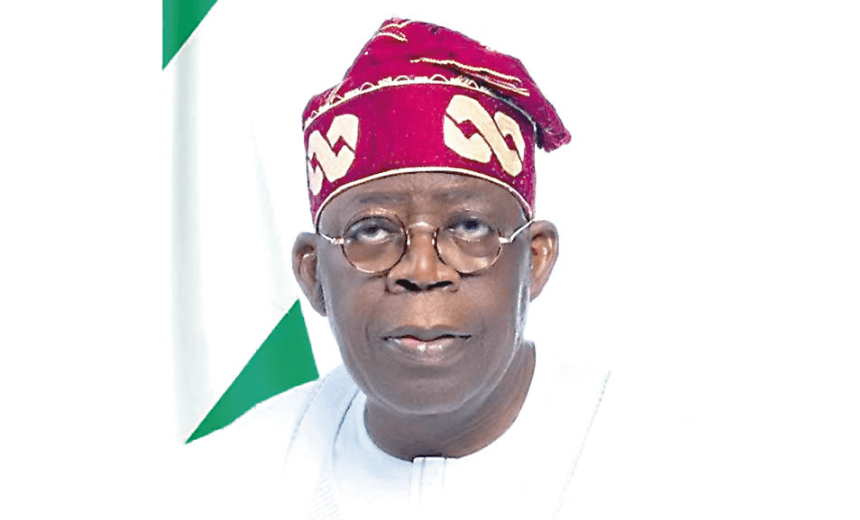The recent claim of recovery of N277 billion and $105.966 million in illicit cash and assets have put a spotlight on the anti corruption commitment of the Bola Tinubu administration.
It comes amidst the perception that despite these recoveries, public sector corruption still persists with attention seemingly focused more on young fraudsters popularly known as yahoo boys
Corruption has been Nigeria’s longtime social ailment, endemic in the public sector and continuously undermining the nation’s development
And so, at each election cycle, fighting corruption is usually a big
campaign issue. Former President Muhammadu Buhari campaigned on it to gain power in 2015.
But Buhari’s administration was later ranked worse in corruption than his predecessor Goodluck Jonathan according to the Corruption Perceptions Index of Transparency International.
Not many believed the situation would improve under President Bola Tinubu, who came in 2023 with multiple credibility issues.
But interestingly, corruption under him is said to have reduced according to transparency’s 2024 report which placed Nigeria at 140 out of 180 countries surveyed, moving five places from its position at 145 in 2023 and recording a marginal improvement in score from 25/100 in 2023 to 26/100 in 2024.
100 score represents zero corruption while lower scores represents high or low level of corruption.
For critics, a score of 25 therefore is nothing to celebrate.
Critics like Yakubu point to repeated reports of budget scandals in the National Assembly and the huge financial mess that rocked the Federal Ministry of Humanitarian Affairs and Poverty Alleviation where billions of naira meant for the poor and vulnerable were allegedly mismanaged.
President Tinubu took swift action to suspend and remove the Minister Betta Edu, and other key actors involved. But strangely, the report on the investigation directed by the president, which will determine whether they should be prosecuted has yet to be released one year and five months after.
This lack of transparency has put question marks on the sincerity of
government particularly when the people involved are members of the President’s political party.
This is why the recent defection of former governor of Delta State IFEANYI Okowa to the APC is seen as a strategy to evade trial amid his high profile investigation by the EFCC over a N1.3 trillion fraud allegation.
Interestingly, nothing has been heard since his arrest.
This is different from the active prosecution of former CBN Governor Godwin Emefiele on corruption charges, leading to massive recoveries of stolen funds. A huge chunk of the 277 billion naira and 105 million dollars recovered in 2024 are linked to Emefiele.
Nigerians want transparency and accountability to be enforced at all times so perpetrators of economic crimes would be made to face the consequences of their unlawful actions. But that so far does not seem to be the case.
Eze Onyekpere, an anti corruption advocate says Nigeria will and continue to suffer the consequences of misappropriation of public funds if comprehensive reforms and prosecutions do not take place.
Auwal Rastanjani, the Nigerian Rep of Transparency International believes individuals under investigation by the EFCC and ICPC hold influential positions in the current government and National Assembly. This trend he says is fueling the growth of corruption, weakening the anti-corruption agencies, and widening the gap between the voters and the politicians.
The EFCC has been at the forefront of chasing corrupt individuals. But it is also facing increased criticism of leaving the big politically exposed fishes to chase after the easy catch – the young fraudsters called yahoo boys. Experts believe the reforms needed are such that they will prevent corruption, particularly public sector stealing, if the country is to break the endless cycle of theft, arrest, and recovery.
No doubt, there remains huge work to be done. The idea that politically exposed persons who are facing corruption investigation are getting protection by joining the president’s party remains a big dent on the administration’s avowed intention to fight corruption. The greater tasks remain strengthening of Institutions to do their work unfettered.
Editor: Ebuwa Omo-Osagie








